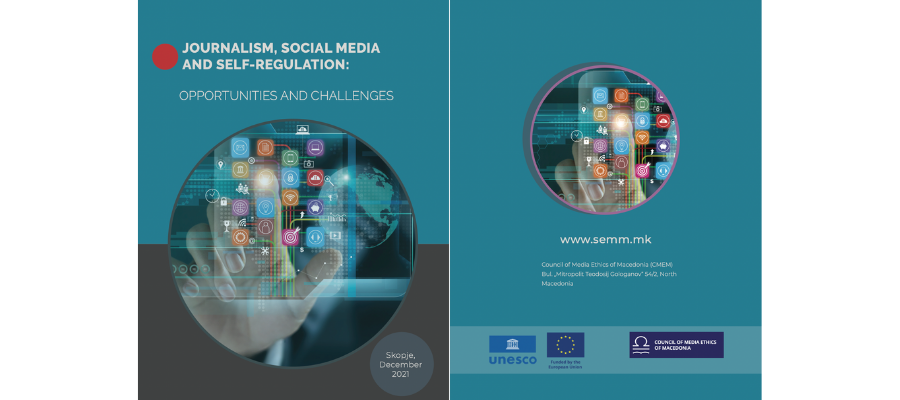“Social media have become a prominent avenue for information distribution, so journalists and media have naturally embraced these platforms to promote and share their content. While it is certain that media’s dependence on social media platforms in their work has triggered changes for journalists, through this research, we wanted to understand the practical experiences of journalists in the country and how they deal with those changes,” said Marina Tuneva, Executive Director of the CMEM.

According to the analysis, media have gained experience in understanding how to use social media to increase their readership. Still, sometimes they find certain obstacles, their content or personal accounts wrongfully removed without any possibility of redress or sponsoring of content disapproved without a reasonable basis.
However, the most worrying aspects of social media use for the interviewed journalists is the spread of offensive and disrespectful language, hate speech, and disinformation, with the most triggering topics being crime, corruption, politics and political affairs, LGBTQI population, gender identity and ethnicity. Media have found different ways of dealing with this issue, spanning from blocking comments on certain content to making efforts to remove any harmful content. The media observed that despite their efforts, a substantial amount of harmful content would still stay on social media, notably Facebook.
Concluding the analysis, the CMEM offers several recommendations, notably to social media platforms, to introduce more stringent measures and practices against bots and fake social media accounts and to cooperate with media self-regulatory bodies to prevent harming the visibility of ethical media content.
The research has been shared with the local media community and published on the CMEM’s website. It is available in North Macedonian, Albanian, and English languages.